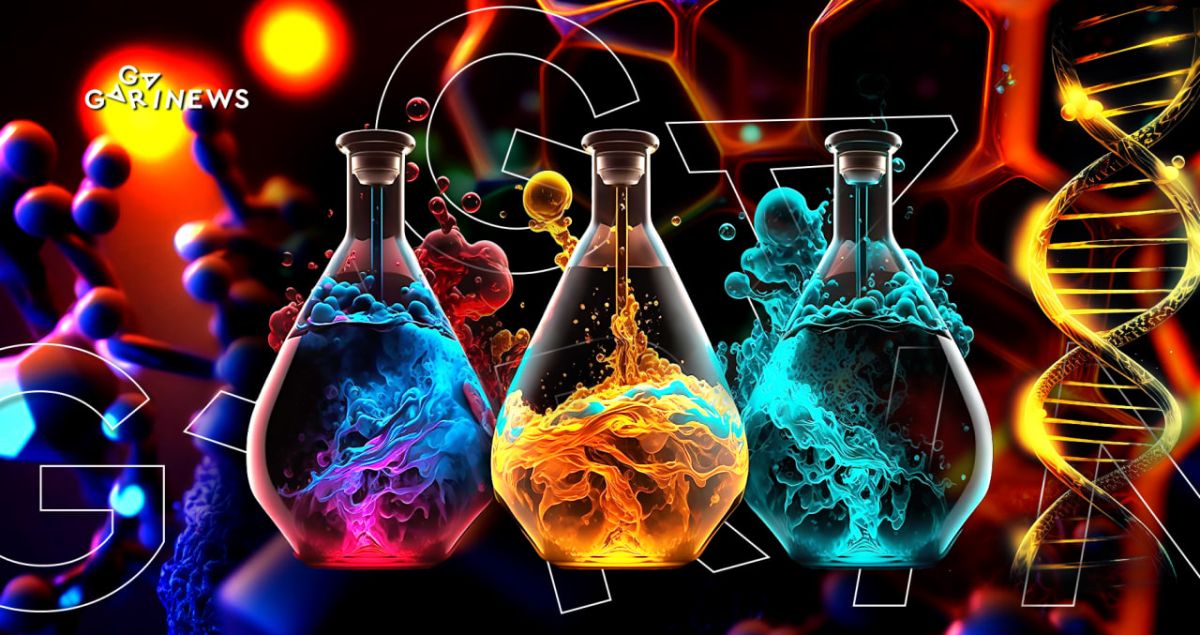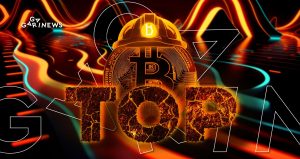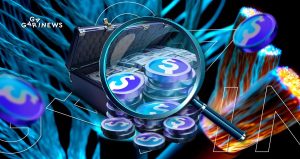From DeFi to DeSci: How Decentralization Empowers Science

Decentralization isn’t limited to just finances; it has the potential to revolutionize the world of scientific research and discoveries. It’s troubling that certain corporations and governments hold a monopoly over crucial scientific breakthroughs.
Decentralization, blockchain technology, and cryptocurrencies have captured the attention of people worldwide. Experts in various fields are exploring, implementing, or actively utilizing solutions based on distributed ledger technology (DLT) and tokenized assets.
While many are aware of cryptocurrencies and DeFi providing an alternative to traditional banking systems, NFTs opening up a digital marketplace for artistic creations, and decentralized autonomous organizations (DAOs) revolutionizing project management, there's a lesser-known concept called DeSci (Decentralized Science). Despite its relative obscurity, DeSci carries immense significance. It seeks to introduce alternative approaches to scientific development and research by leveraging decentralization mechanisms, with project funding relying on digital assets.
The need for abundant resources in scientific research centers has led to the emergence of a new movement. Only a select group of scientists under contracts have access to these centers, while others face limitations or outright barriers to critical resources and data. The reasons for restricting access within the scientific community can range from commercial considerations to political factors.
Science has long required an open information space, crowdfunding for financing, and platforms like Kickstarter and GitHub. DeSci has provided the framework for developing such solutions.
Simply put, DeSci creates a decentralized environment where self-regulating systems for accumulating and freely sharing knowledge, scientific research, and articles are constructed and operated. Platforms for fundraising ensure the fair distribution of resources for scientific research and inventions, all while acknowledging the value of digital assets. Communication platforms facilitate the formation of thematic discussion clubs, enabling scientists from different fields and countries to exchange experiences.
The architecture of DeSci is still evolving, with new projects and startups actively contributing to the development of a decentralized infrastructure for this emerging market. Meanwhile, the scientific community is gradually becoming familiar with decentralized solutions and digital assets.
How DeSci can benefit science
Throughout history, the progress of science has often been hindered by financial challenges. Today, these challenges continue to be the main roadblocks to scientific advancement, causing headaches for researchers and scientists who struggle to secure funding or find investors. Instead of focusing on experiments, discoveries, and innovations, scientists find themselves caught up in a never-ending cycle of grant applications and financial reporting. Even after securing the much-needed funding and immersing themselves in their work, scientists are not immune to sudden funding cuts that have nothing to do with the quality of their research or the overall state of the science.
However, with the emergence of blockchain technology, digital assets, DeFi products and services, NFTs, and the adoption of DAOs, new avenues for funding and investments have opened up. By aligning with these developments, it becomes possible to address the funding challenges faced by fundamental scientific research. This can be achieved by prioritizing the commercialization or free dissemination of research findings that hold significant value for humanity. By doing so, brilliant scientists can earn blockchain royalties for the widespread adoption of their technological breakthroughs or the application of their own innovations, without being beholden to monopolistic governments or corporations.
Another pressing issue that DeSci can tackle is the unrestricted exchange of information within the scientific and technological domains, as well as promoting open access to crucial data. Many valuable scientific research studies remain unpublished and inaccessible. The primary goal of DeSci is to make these studies accessible and widely distributed. Greedy intermediaries who profit from controlling access to this information or from reviewing scientific papers would become obsolete, replaced by blockchain repositories and smart contracts.
Blockchain technology also offers a solution to political censorship and bans. DeSci can provide scientists and researchers with a secure and anonymous means to store and share their findings, allowing global access from any location on Earth.
At present, various DeSci startups are actively exploring blockchain technology and digital assets, aiming to improve the scientific community's circumstances and make achievements more transparent. By implementing decentralized tools and creating independent platforms, DeSci seeks to empower scientists by enhancing their rights and opportunities. Ultimately, the goal is to achieve scientific breakthroughs that drive technological progress and contribute to the advancement of human civilization.
Examples of DeSci projects
VitaDAO
This is a decentralized autonomous organization (DAO) that focuses on funding longevity research. Its main goal is to develop life-extending drugs and improve human health. VitaDAO has introduced native tokens called VITA, which can be acquired through purchase or as rewards. With over 4,000 members united around its mission and having raised an impressive $10 million for scientific research, this project has gained significant recognition in the field of DeSci.
DeSci startup VitaDAO
SCINET
This blockchain platform enables both retail and institutional investors to invest in scientific research and technologies. In addition, this DeSci startup offers researchers access to a cloud laboratory based on blockchain technology, providing independent expert evaluations and allowing them to document their research findings on the blockchain.
AntidoteDAO
AntidoteDAO is a decentralized autonomous community dedicated to funding research on oncological diseases. The AntidoteDAO ecosystem includes a governance token and a collection of NFTs, granting voting rights to determine which initiatives or projects should receive funding from the organization.
LabDAO
This startup provides a network of diverse laboratories for scientific research and development. Operating under the guidance of a decentralized autonomous organization, LabDAO offers specialized laboratories for drug analysis, chemical and biological substance analysis, as well as services in applied and computational mathematical analysis.
Molecule
Molecule is a decentralized platform for funding scientific research, serving as a marketplace connecting researchers seeking funding with organizations interested in investing in research projects.
The content on The Coinomist is for informational purposes only and should not be interpreted as financial advice. While we strive to provide accurate and up-to-date information, we do not guarantee the accuracy, completeness, or reliability of any content. Neither we accept liability for any errors or omissions in the information provided or for any financial losses incurred as a result of relying on this information. Actions based on this content are at your own risk. Always do your own research and consult a professional. See our Terms, Privacy Policy, and Disclaimers for more details.



























